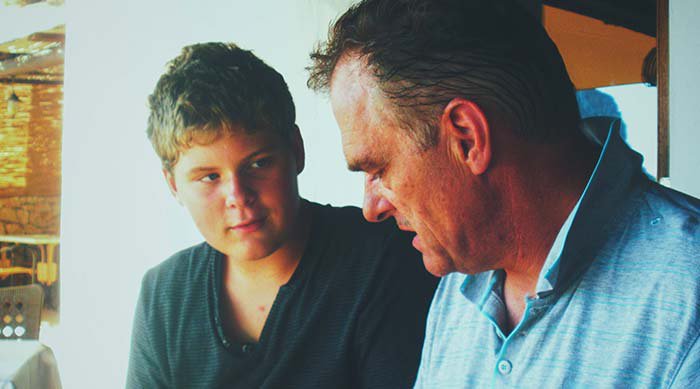Information for parents
As children move into high school, parents may be faced with challenging decisions around topics such as going out to parties or drinking.
When it comes to teens and alcohol, the new Australian drinking guidelines state that anyone under 18 should not drink alcohol to reduce the risk of injury and harm to the developing brain.

Drinking alcohol can impact brain development up until the age of 25 years – affecting their attention, memory and decision-making.
There are also concerns that early use of alcohol and other drugs by a young person can increase the likelihood of dependence (addiction) and harm in the future.
Having open conversations
Having open conversations about alcohol and other drugs is an important part of preparing a young person for situations where they may be around these substances. You can start this conversation from as early as eight years old, to give them the right information and attitudes before they go to high school.
Tips for talking to young people
Parents as role models
Even though it might seem like they don't listen to a word you say, your kids are watching what you do. Parents play a significant and powerful role in shaping their child’s beliefs and attitudes about alcohol, through their role-modelling.
You might be drinking frequently, or having fun and attending social gatherings without always relying on alcohol. Watching their parents' behaviour can shape a young person’s understanding of the role alcohol may, or may not, play in their life.
Secondary supply laws
Secondary supply is a legal term used to describe an adult providing alcohol to someone under the age of 18.
In Australia, it is against the law to serve alcohol in a private home to anyone under 18 years old, unless you are the young person’s parent or guardian, or in the case of most states and territories you have permission from the parent/guardian.
It is illegal for bar staff or bottle shops to serve or sell alcohol to people under the age of 18.
Secondary supply is the most common way that young people obtain alcohol, with 43% of young people reportedly obtaining alcohol from their parents, according to an Australian study.